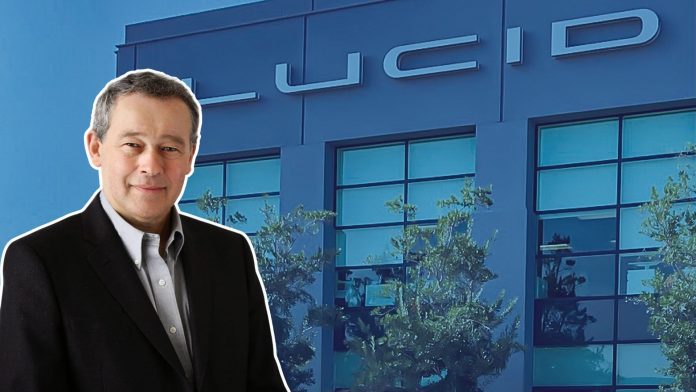Lucid Group raised $1.75 billion in a public offering on Wednesday, leading to its worst stock performance in nearly three years. Despite the adverse market reaction, CEO Peter Rawlinson emphasized that the capital raise was a strategic and timely move to ensure the electric vehicle (EV) maker has sufficient funds for its operations and growth plans. Rawlinson described the decision as proactive, ensuring Lucid’s financial runway extends into 2026 without needing a “going concern” disclosure.
The capital raise involved nearly 262.5 million shares of Lucid’s common stock. Rawlinson, speaking from the company’s new offices in suburban Detroit, explained, “We had signaled that we had a cash runway to Q4 of next year. As a Nasdaq company, we must avoid a going concern notice within 12 months of that runway.” He added that the move was made to secure long-term growth and should have come as “no surprise to anyone.”
However, Wall Street analysts viewed the offering negatively, citing its unexpected timing. Lucid ended the third quarter with $5.16 billion in total liquidity, which included over $4 billion in cash and investments. Analysts like Morgan Stanley’s Adam Jonas and RBC Capital Markets’ Tom Narayan questioned the need for additional capital soon after securing $1.5 billion from Saudi Arabia’s Public Investment Fund (PIF) in August. Both analysts predicted a sharp drop in Lucid’s share price, which fell by 18% the day after the announcement.
Rawlinson defended the decision, explaining that the funds will support key initiatives, including expanding Lucid’s U.S. factory in Arizona, building a new plant in Saudi Arabia, and launching the company’s next product, the Gravity SUV. He noted that the company is in a highly capital-intensive phase, preparing to scale production, develop new powertrains, and expand its retail and service networks. “This is exactly as expected. It is exactly to the playbook,” Rawlinson said, reiterating that the raise ensures capital well into 2026.
Despite record deliveries of Lucid’s all-electric sedan, the Air, in 2024 and plans to begin producing the Gravity SUV by the end of the year, the company’s sales have lagged due to high costs, slower-than-expected demand, and marketing challenges. Lucid aims to produce 9,000 vehicles in 2024, but its financial performance has not scaled as rapidly as hoped.
While individual investors were concerned about stock dilution, Rawlinson said the move was essential for Lucid’s long-term vision. “I think it’s been misinterpreted and misreported,” he said. “The PIF’s pro rata investment demonstrates their continued faith in our strategy and future.”



